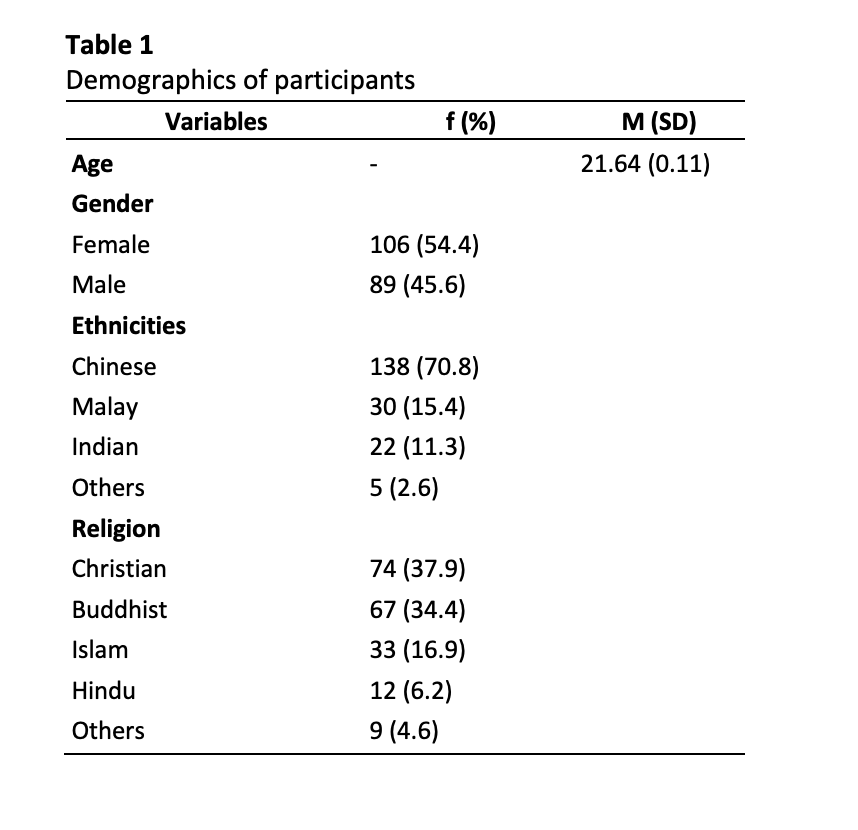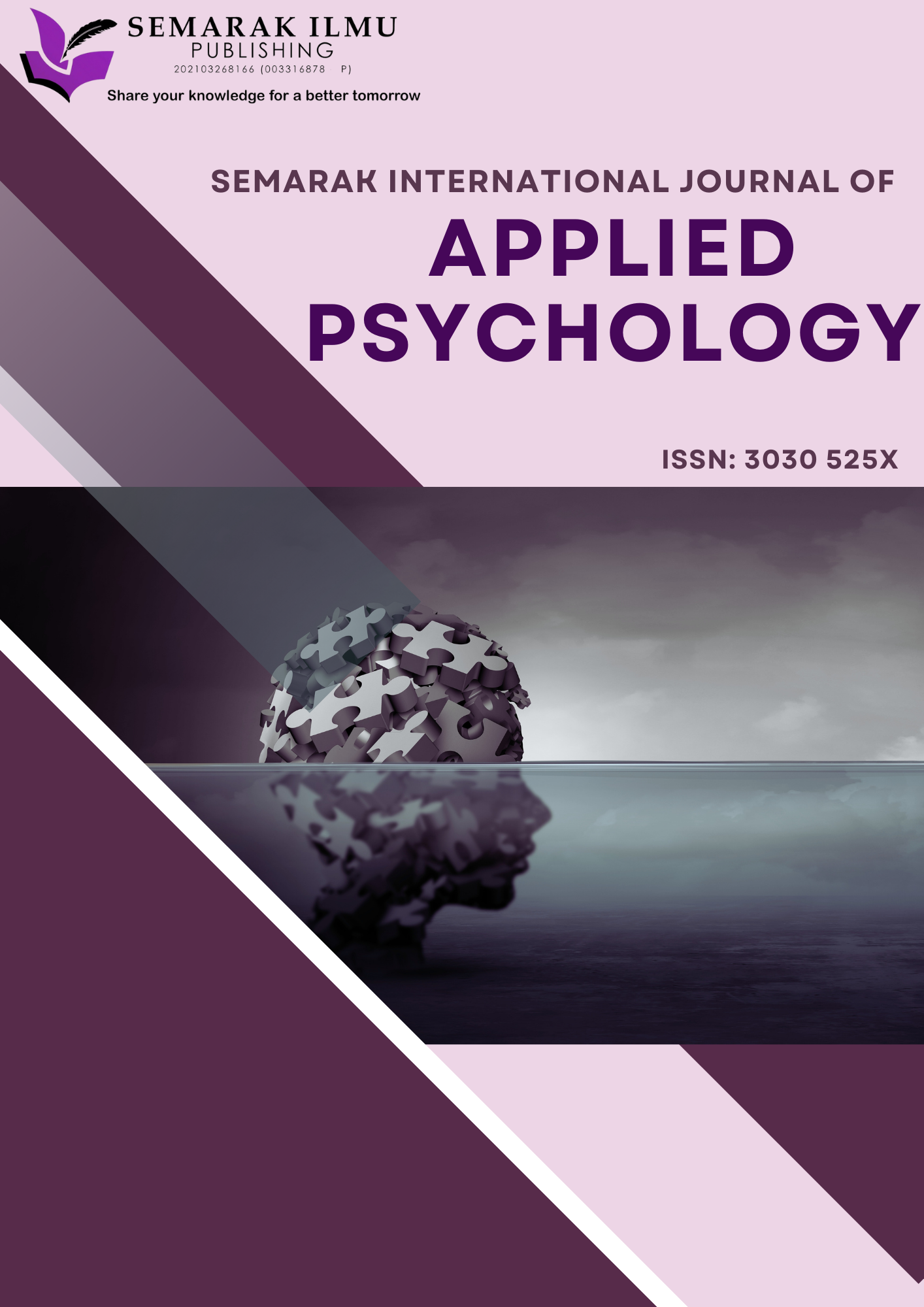The Influence of Spirituality Perspective on Stress Coping Mechanisms among Healthcare University Students in Malaysia
DOI:
https://doi.org/10.37934/sijap.6.1.2437Keywords:
Coping mechanism, healthcare, spirituality, stress, university studentsAbstract
This quantitative study examined the impact of spirituality on stress-reduction techniques among healthcare university students in Malaysia's Klang Valley. Finding psychological resources that could act as stress-reduction mechanisms is becoming more and more of a scholarly concern as students participating in health-related programs deal with an increasing number of academic, clinical, and personal obligations. It has been suggested that spirituality, which is frequently seen as a very personal and existential resource, influences how people view and react to stress and other difficulties in life. A total of 195 students, ages 18 to 30, took part in an online survey that included the Brief COPE assessment and the Spirituality Perspective Scale. Spearman's correlation coefficients were used to analyse the data to investigate the relationships between different coping mechanisms and spirituality. Students who have a greater propensity for spiritual beliefs and practices are more prone to utilize active coping mechanisms. According to the findings, which showed a substantial positive association between spirituality viewpoints and the use of problem-focused coping strategies. Conversely, there were no discernible associations between spirituality and avoidant or emotion-focused coping mechanisms. These results add to the increasing amount of research showing how spirituality can help people manage their stress, especially when it comes to healthcare education. The study emphasizes how crucial it is to include spiritual well-being in student support programs to promote more flexible coping mechanisms. There is also discussion of study limitations, practical consequences, and suggestions for further research.










